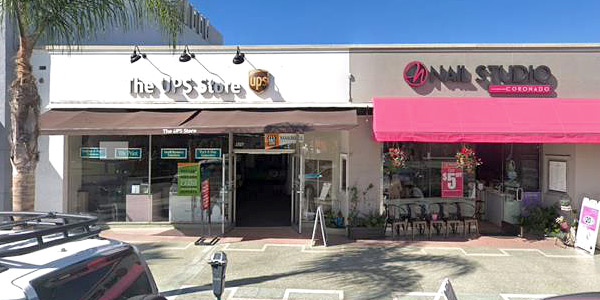By Christen Smith
The financial trading group behind a request to update decade-old RTO credit policies fired back Monday against claims that its filing proposes a “one-size-fits-all solution” that would trample on stakeholder processes.
The Energy Trading Institute (ETI) said stalling “centralized discussion and information sharing of best practices” would waste a “golden opportunity” for each RTO to learn from the experienced risk management professionals their organizations lack.
“The current efforts/discussions underway at the ISOs and RTOs to address credit practices do not go far enough or are not exploring the appropriate corrective measures to address credit risk and market participant exposure in today’s market dynamics,” the group said in its answer filed Monday (AD20-6). “The ISOs/RTOs and industry undoubtedly could benefit from a discussion on well-established industry best practices for credit and risk management.”
The ISO/RTO Council urged RTO Council Balks at Credit Rulemaking.)
The IRC also challenged ETI’s premise that the rules should be standardized, saying “the underlying markets to which the credit policies apply are not standardized.”
ETI asked the commission on Dec. 16 to schedule a technical conference by March 30 and convene a rulemaking to update FERC Order 741, its 2010 rulemaking on credit and risk management in the RTO/ISO markets.
The Institute said GreenHat Energy’s default on its 890 million-MWh financial transmission rights portfolio in PJM and RTOs’ slow adoption of credit policies to manage risks means the time is ripe for collaboration. In its answer, ETI points out that its rulemaking proposes “to explore common risk principles and risk management tools, such as the use of initial and variation margin and know-your-customer processes.”
“The technical conference and rulemaking process will allow parties to discuss the different methods to manage risk, the practical application of such methods and the tools available for implementation, which in turn will inform the ISOs’/RTOs’ efforts to protect their markets and their market participants,” ETI said. “This clearly is not a one-size-fits-all solution; it would allow the ISOs/RTOs and their stakeholders to work within a best-practices framework to implement credit and risk management policies and procedures appropriately suited for their respective markets.”
ETI also challenged IRC’s contention that RTOs have made significant progress on addressing credit reforms on their own. It said all regions save PJM still expect market participants to self-report rule violations. SPP lacks basic know-your-customer processes, while MISO could benefit from a deeper exploration of the practice, ETI said. The group did commend PJM, however, for hiring outside contractors to help design a margining model.
The Institute said FERC’s regulatory oversight means it must safeguard open and competitive markets from lackluster credit policies implemented by RTOs.
“The GreenHat default in PJM’s FTR market served as a significant eye-opener for the ISOs/RTOs and their stakeholders,” ETI said. “While it has been nearly two years since the default … the subsequent actions taken by the ISOs/RTOs to assess and improve their respective credit policies appear to be uneven in terms of whether they are addressing credit and to what degree, and include objectives that may not align with industry best practices for risk management.”




